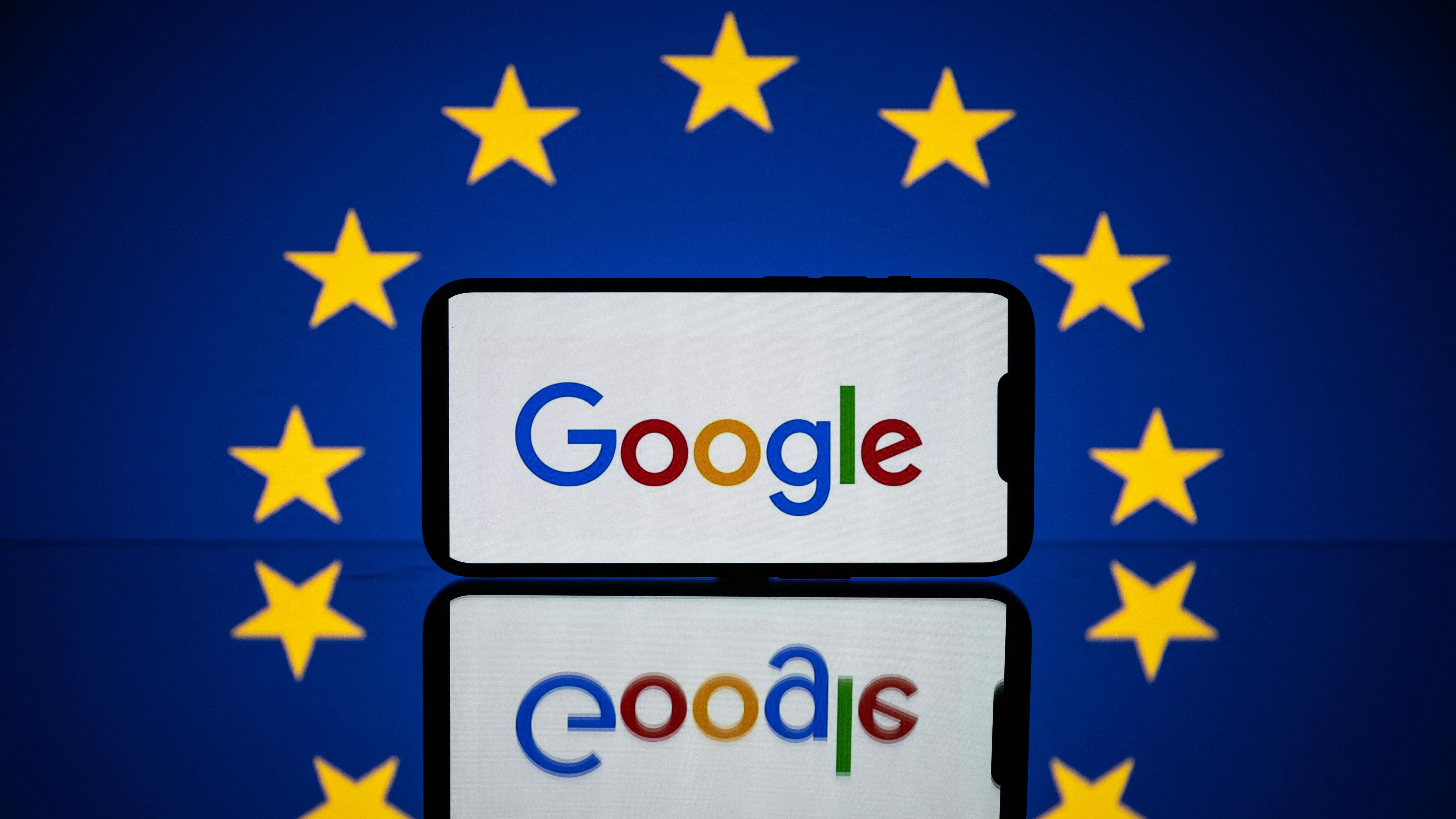If you're in the EU, you can now decide how much data to share with Google
Users' choices will take effect as of March 6, 2024

Sign up for breaking news, reviews, opinion, top tech deals, and more.
You are now subscribed
Your newsletter sign-up was successful
If you are in the EU, you can take back more agency over your digital privacy even when using notorious data-hungry platforms.
Google now allows users to decide the amount of information they want to share (or not) with the provider as they can opt for "unlinking" certain services from each other. The move comes as the big tech giant gets ready to comply with new data-sharing rules introduced by the Digital Market Act (DMA).
Approved in November 2022, the new legislation is set to be officially enforced on March 6, 2024. That's when the choices you select for your Google account will also take effect.
More control over your privacy online
"You’re in control," the provider wrote in its official announcement. "As a result of the DMA, in the EU, Google offers you the choice to keep certain Google services linked."
These services include Google Search, YouTube, Ad services, Google Play, Chrome, Google Shopping and Google Maps.
You can exactly decide the amount of data you're comfortable to share with the big tech firm. As Google explains, in fact, "you can choose to keep all these services linked, choose to have none of these services linked, or choose which of these individual services you want to keep linked."
The provider ensures that accepting to keep different Google services linked will not translate into sharing your data with third-party services. Yet, deciding to unlink them will nonetheless be beneficial in terms of privacy as these services will be prevented from sharing your personal information between each other. This will ultimately make online tracking a little bit more difficult as your Google activities won't be connected.
Sign up for breaking news, reviews, opinion, top tech deals, and more.

The UK is currently voting on a bill similar to the EU DMA. So-called, Digital Markets, Consumer and Competition Bill (DMCC) is currently passing through the UK House of Lords for its second reading.
It's worth noting, though, that users ready to walk down the privacy route will have to sacrifice a little on convenience. So, forget about video recommendations on YouTube or location advice on Maps based on previous browsing activities.
Also, offering users the possibility to minimize even further their data-sharing isn't the only amendment that Google and other popular platforms will need to take prior to March 6.
Under the DMA, larger tech companies have the obligation to ensure fair competition and protect people's digital rights. So-called gatekeepers, these firms include Alphabet (Google's parent company), Apple, Meta, Amazon, ByteDance (the company behind TikTok), and Microsoft.
For instance, Google won't be able to favorably rank their services on Search against those of third-party competitors. Big Tech giants will also be hindered from locking users into using their services on the devices they produced as well as from granting users' consent via manipulative design practices.
While some companies, including Apple, Meta and ByteDance, have been trying to fight back these requirements, others like Google seem to be getting up to speed for March 6—the official date when new DMA's rules will finally go into force.
Surely, though, it's a victory for all privacy conscious people out there and those smaller providers striving to compete with these tech behemoths.
Commenting on this point, Jurgita Miseviciute, Head of Public Policy & Government Affairs at VPN service and secure email provider Proton, told me: "Any pro-competition legislation is a long-term win—for small businesses, for employment, for the economy, and for consumers. The only ones that lose are big monopolists, unless they improve their own services and win on merit rather than market manipulation."

Chiara is a multimedia journalist committed to covering stories to help promote the rights and denounce the abuses of the digital side of life – wherever cybersecurity, markets, and politics tangle up. She believes an open, uncensored, and private internet is a basic human need and wants to use her knowledge of VPNs to help readers take back control. She writes news, interviews, and analysis on data privacy, online censorship, digital rights, tech policies, and security software, with a special focus on VPNs, for TechRadar and TechRadar Pro. Got a story, tip-off, or something tech-interesting to say? Reach out to chiara.castro@futurenet.com